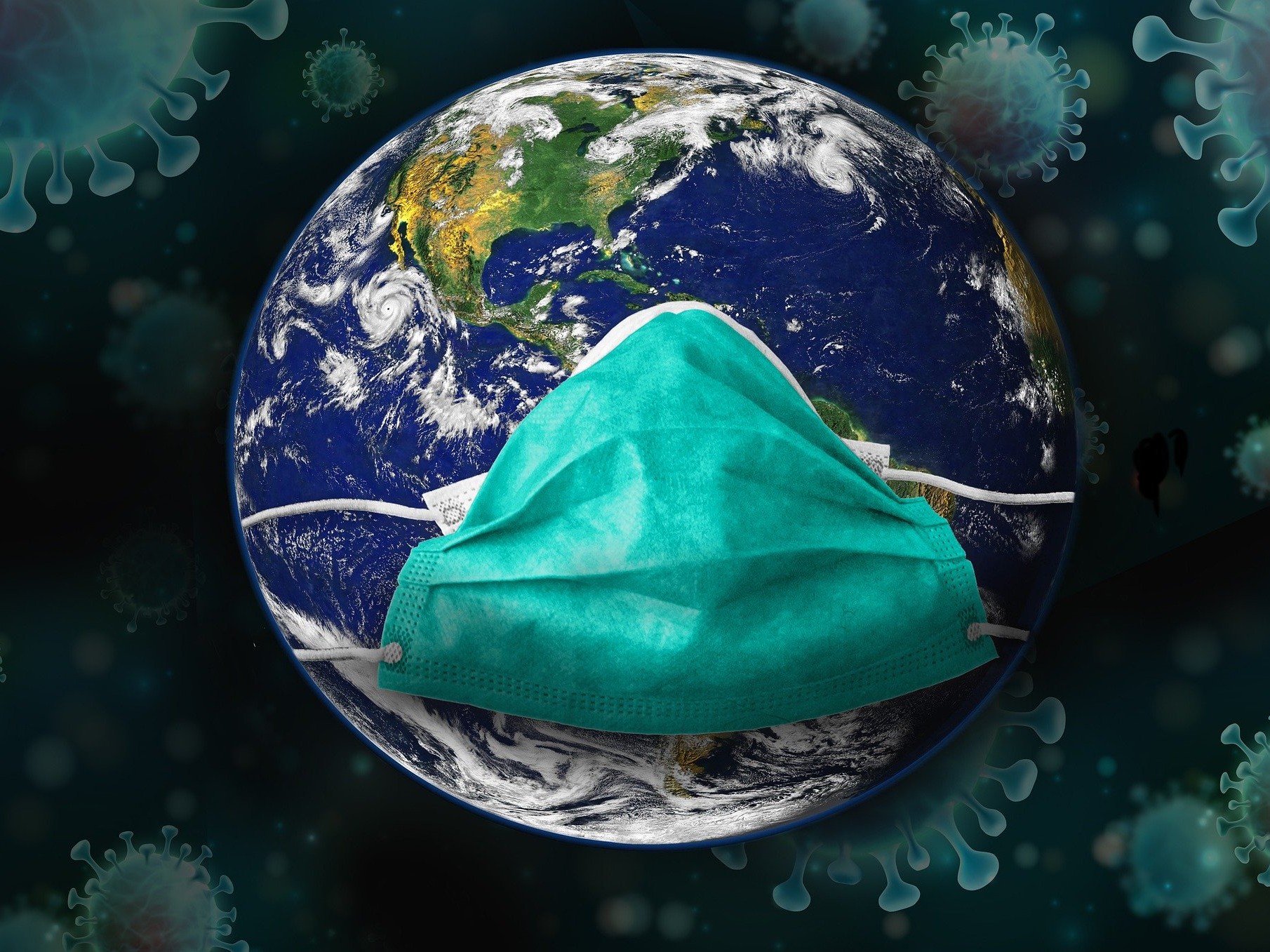
People are more likely to support wildlife conservation policies and donate to wildlife charities when the spread of COVID-19 is linked to the human depletion of nature, a new study from the London School of Economics (LSE) has shown.
In the study, published in Environmental and Resource Economics, over 1,000 participants took part in an online experiment where they were randomly assigned to one of four groups.
Three of the groups were given articles based on online news stories, focussing on the origins of coronavirus. The fourth group (a control group) were given an article unrelated to COVID-19.
The first article suggests the virus was caused by animal to human transmission via a market in Wuhan. The second suggests it was caused by animal to human transmission and that human destruction of nature may have heightened transmission through increased animal to human interactions. For example, via practices such as poaching, wildlife trading and logging. The third article mentions animal to human transmission but also suggests the virus could have originated in a biosecurity lab in Wuhan.
The participants were then asked if, after reading the article, they would engage in several pro-wildlife actions. These included donating to a wildlife charity, undertaking pro-conservation behaviours or supporting relevant conservation policies.
The researchers found that the article linking COVID-19 to the human depletion of nature elicited significantly greater pro-conservation policy support, especially for bans on the commercial trade of wildlife. It also increased the likelihood of readers making donations to wildlife charities of at least £10.
In addition, the authors found the article led to greater emotional and mental engagement with the issues at hand and elicited stronger feelings that firms and governments should take responsibility to mitigate wildlife extinction.
The study is the first of its kind to explore how different narratives - particularly those shared as stories in the media - impact on pro-conservation behaviours and outcomes in the context of the COVID-19 pandemic.
Paper co-author Dr Ganga Shreedhar, from the Department of Psychological and Behavioural Science at LSE said: “Our study demonstrates that making people aware of how human behaviour towards nature affects human health (through the COVID-19 pandemic) can usher in public support for wildlife and environmental protection. It basically underscores how human health depends on the health of the planet.”
Fellow author Professor Susana Mourato from the Department of Geography and Environment at LSE added: “It was particularly interesting to find that an ‘outrage effect’ appears to exist in the context of COVID-19, with people more willing to support conservation policies when the cause of the pandemic is linked to human actions”.
For a copy of the article, Linking Human Destruction of Nature to COVID-19 Increases Support for Wildlife Conservation Policies, please click here.